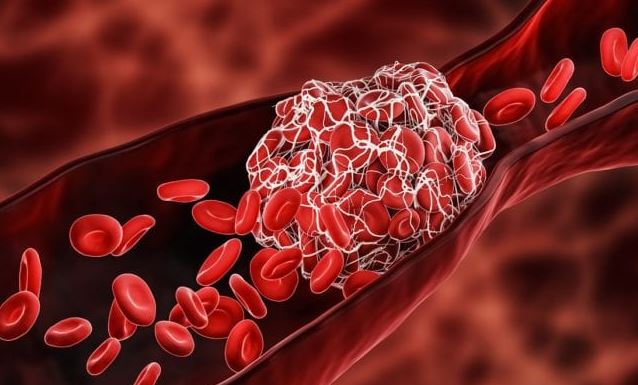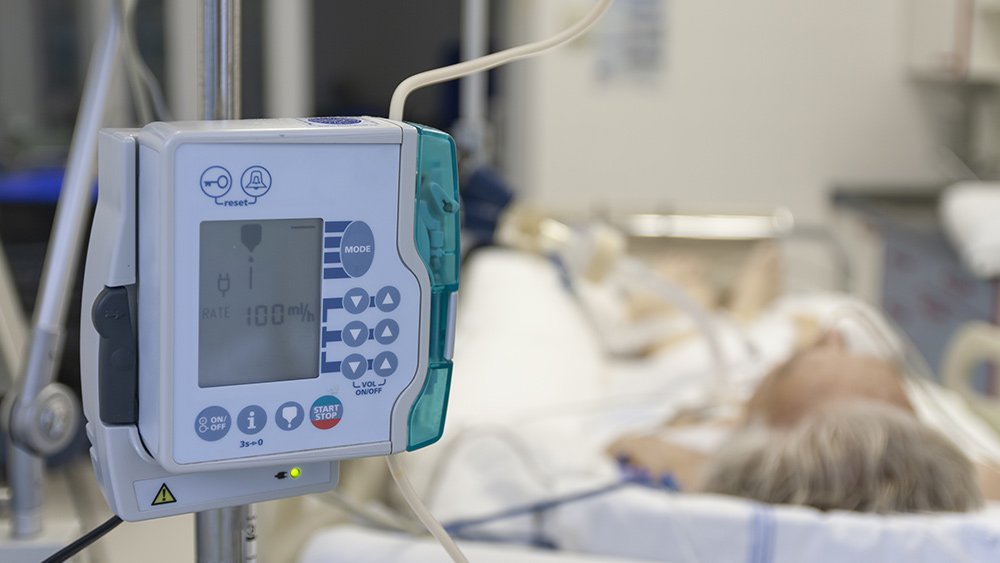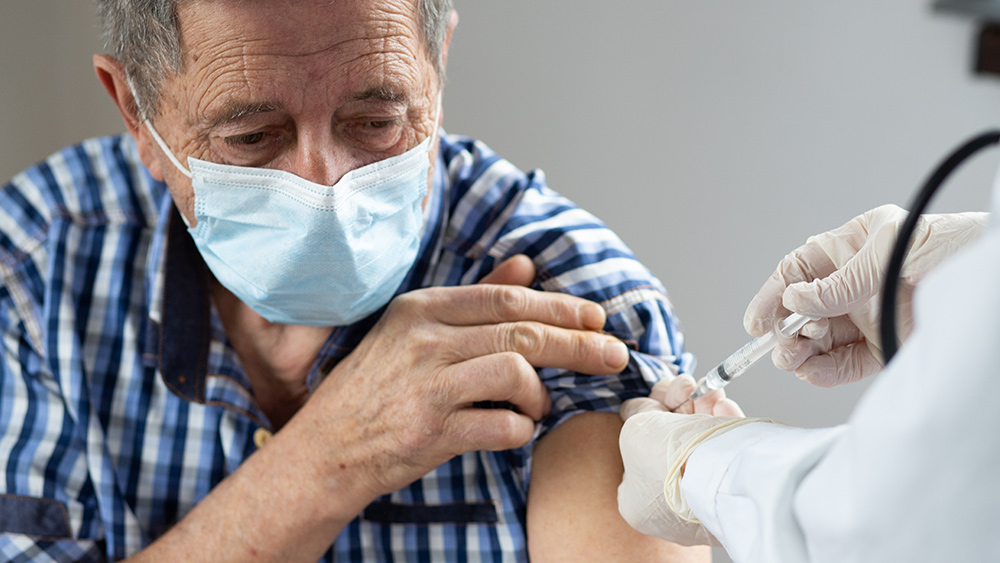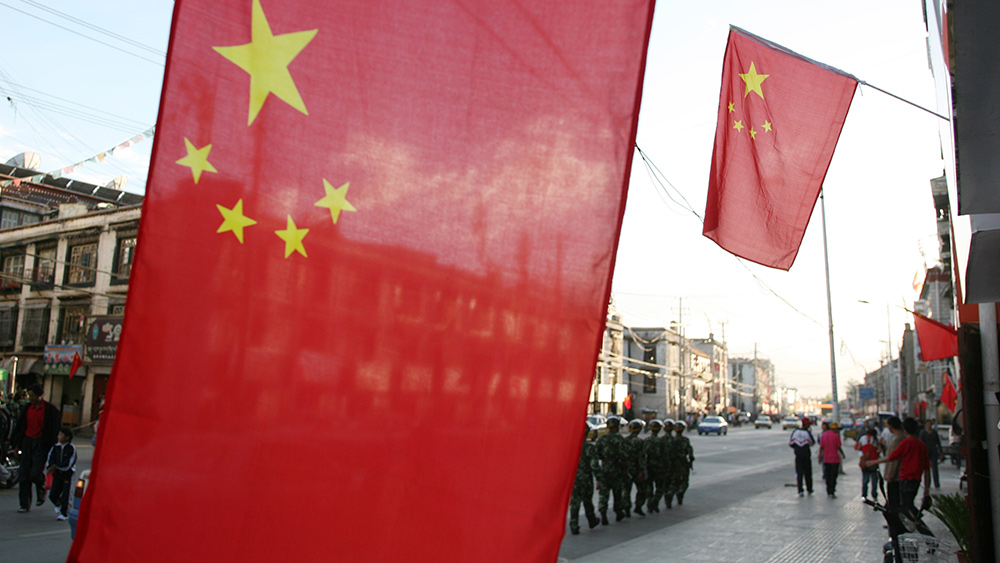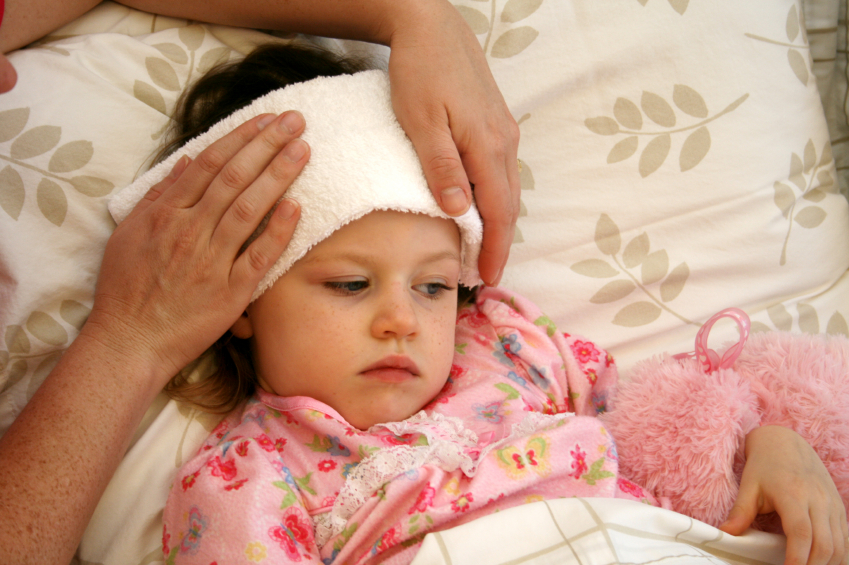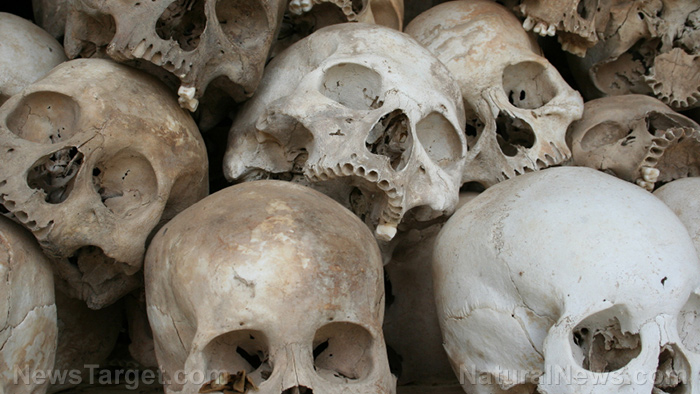Can AI save breast cancer patients from unnecessary chemotherapy treatments?
12/12/2023 / By Ethan Huff

Will expert pathologists still have a job in the near future? Possibly not, thanks to the development of a new artificial intelligence (AI) tool that scientists say will be more capable than human doctors at predicting the outcome of breast cancer.
Perhaps it will not quite be as severe as that, with expert pathologists being able to work alongside the AI tool to help patients classified as intermediate- or high-risk to survive longer with less of a need for chemotherapy treatments.
According to new research out of Northwestern Medicine in Chicago, the new AI tool could help cancer doctors to better protect patients against harmful side effects by reducing the need for as much chemotherapy or radiation.
Published in the journal Nature Medicine, the paper highlights how pathologists currently only evaluate cancerous cells in a patient’s tissue in order to select a course of treatment. The AI tool would allow for non-cancerous cells to also be looked at and used to predict patient outcomes.
“Our study demonstrates the importance of non-cancer components in determining a patient’s outcome,” said Lee Cooper, an associate professor of pathology at the Northwestern University Feinberg School of Medicine.
“The importance of these elements was known from biological studies, but this knowledge has not been effectively translated to clinical use.”
Watch below as Mike Adams talks about a new open-source, downloadable AI chatbot currently in production that aims to democratize humanity’s knowledge about nutrition and natural health:
(Related: Did you know that there exists demon-possessed AI that is being “taught” how to use synthetic biotechnology to construct artificial “superhuman” biological systems?)
Will AI medicine actually be safe?
In Europe right now, female breast cancer is the most commonly diagnosed form of cancer. In 2020, more than 355,000 women were diagnosed, accounting for 13.3 percent of all cancer diagnoses across the continent.
Many of these patients were put on a course of chemotherapy, but far fewer would have been had the AI tool been ready back then, we are told.
Right now, the job of a pathologist involves reviewing cancerous tissue to determine the look of abnormal tissue. Based on the tissue’s appearance, a treatment protocol is then selected.
The problem is that many breast cancer biology studies have shown that non-cancerous cells are sometimes involved in either sustaining or inhibiting cancer cell growth, despite being technically benign.
Cooper and his team used this knowledge to build an AI model that is capable of evaluating breast cancer tissue from digital images. It is able to measure the appearance of both cancerous and non-cancerous cells, as well as how these cells interact with one another.
“These patterns are challenging for a pathologist to evaluate as they can be difficult for the human eye to categorize reliably,” Cooper said. “The AI model measures these patterns and presents information to the pathologist in a way that makes the AI decision-making process clear to the pathologist.”
The AI tool reportedly looks at 26 different properties of a patient’s breast tissue in order to generate a prognostic score. It also generates individual scores for not just cancer but also immune and stromal cells to extrapolate the overall score.
The information collected from this analysis can then be used to develop customized treatment plans for each individual patient, utilizing more accurate risk assessments than what is currently available.
Cooper and his colleagues trained their AI model using hundreds of thousands of human-generated annotations of cells and tissue structures found in the digital images of tissue samples collected from patients. This process took a number of years to fine-tune, and is now being unveiled.
More related news about the growth and spread of AI can be found at Transhumanism.news.
Sources for this article include:
Submit a correction >>
Tagged Under:
AI, artificial intelligence, breakthrough, breast cancer, chatbot, computing, future science, future tech, Glitch, information technology, inventions, mammograms, Oncology, women's health
This article may contain statements that reflect the opinion of the author

